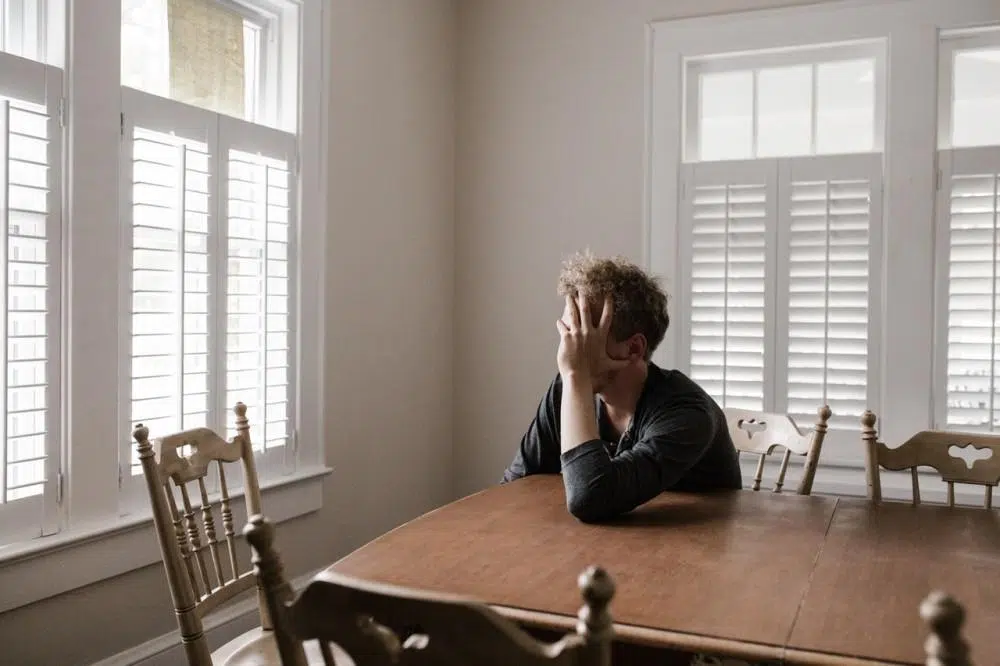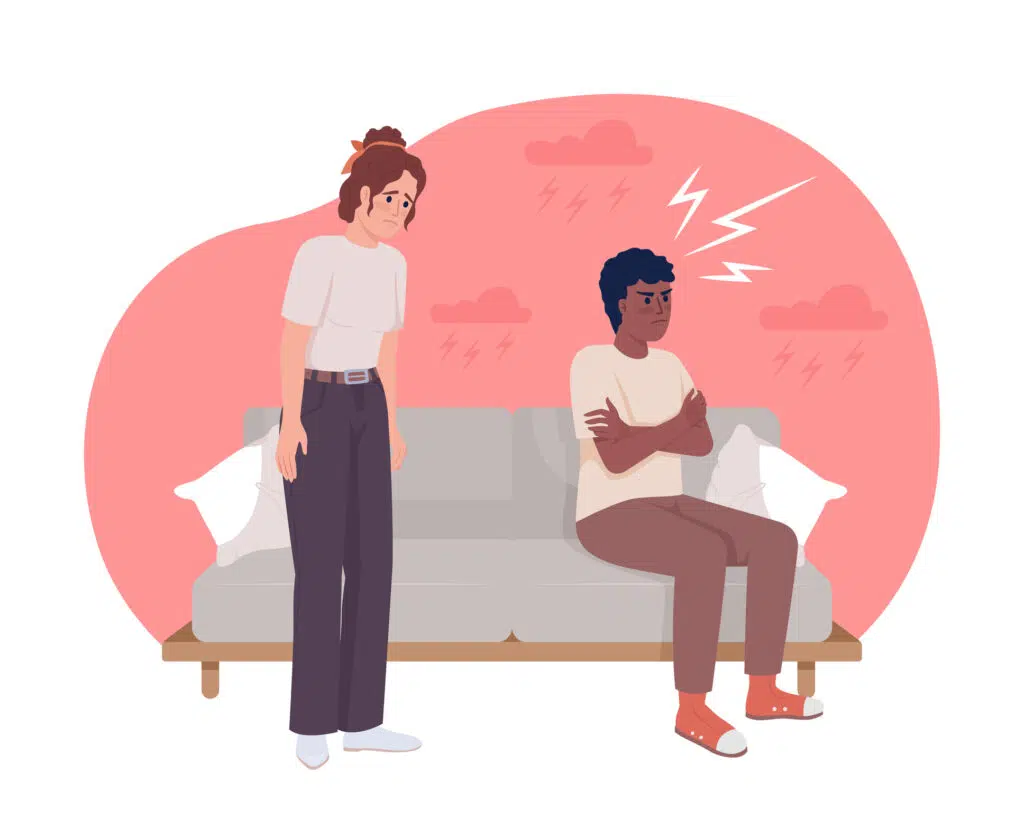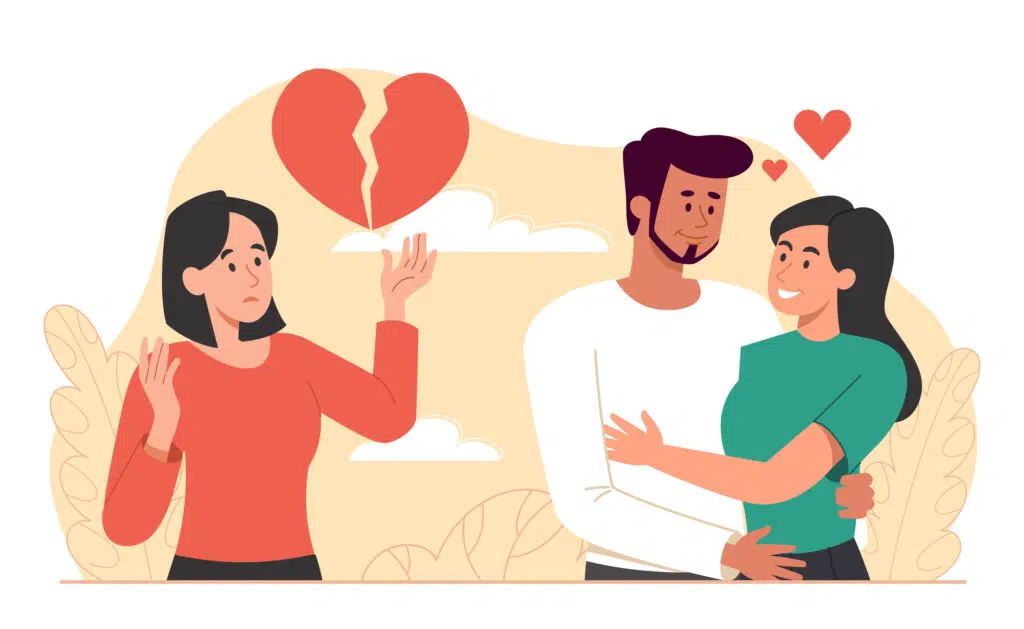How to Manage Your Anxiety Effectively

Often, people experiencing different feelings and mental problems involving anxiety and depression, and other negative emotions do not require a diagnosis before seeing a therapist. If you have a past trauma, a phobia, or you’re feeling worried about life, and you don’t think you can handle it on your own anymore, you can seek professional help.
Meanwhile, if you think you’re capable of managing your anxiety on your own, you may have tried various activities, such as meditating, doing relaxing hobbies, yoga, and exercising. For those who are diagnosed with anxiety, your doctor could have prescribed you medication.
After going through all of that and you still don’t quite feel better, and instead, your anxiety remains the same, the reason may be because you focus too much on eliminating your anxiety. The key to controlling what you’re feeling is to let yourself be anxious. Keep reading below to find out tips on understanding your fear and treating it accordingly.
Experience Your Anxiety
While it may sound unusual, it’s helpful to go where your anxiety is and welcome it to your life with open arms rather than struggle to keep it out of your system. They say that the only way out of an obstacle is through it, which means that you can get over something only when you allow yourself to feel and experience it all the way.
Rather than run away from a difficult time of your life, you shouldn’t deny yourself that you’re going through something. It’s more likely for your anxiety and the bodily sensations that come with it to remain if you pretend you aren’t anxious. With having anxiety, it doesn’t always feel the same. It fluctuates and is usually influenced by your thoughts, emotions, and actions. Facing your fear means you’re brave enough that you don’t have to fight it anymore.
Embrace Your Situation
Every time you try to deny your anxiety because you don’t want to suffer the consequences, the feeling weighs on you until you panic and don’t know what to do. Since you’re scared about going through the same situation again, you try your best to avoid putting yourself in a tough spot to prevent feeling anxious.
But when you notice your anxiety slowly start to creep in, you fool yourself into thinking you’re okay and you’re safe, doing anything to get the negative thoughts off your head. While those methods work, they can only last for a short while. It’s much better to manage your anxiety by sitting with your feelings and embracing your situation until it eventually goes away on its own.
Acknowledge Your Anxiety
If you’re worried about your anxiety every time it comes around, take note that you aren’t really supposed to do anything every time it occurs. Part of recognizing your negative emotions is to try challenging yourself to feel more anxious and conquer what you’re feeling.
While it can be truly difficult to let your anxiety stay with you because it may be the last thing you want to do, you don’t always have to face it alone. You can ask for help from a mental health therapist to teach you how to acknowledge your anxiety properly.
Conclusion
Every time your anxiety starts to rise, your body and mind trick you into thinking that you’re in danger, even when that isn’t the case. When you take control of how you’re feeling and learn to experience your anxiety, embrace your situation, and acknowledge your feelings, you suddenly become in charge of your problem. It takes practice to deal with your anxiety, among other negative emotions that could impact your life. If you think you can’t do it on your own, it’s best to find a therapist. They can teach you lessons on why moving toward your anxiety rather than away from it is necessary to become less anxious and more sure of yourself.
Are you looking for anxiety therapy near you in New York, Miami, or Los Angeles? Thriving Center of Psychology is dedicated to assisting our clients by refocusing their attention on things that matter through the power of self-discovery. Get in touch with us today to book an appointment!

How to Move On After a Friendship Breakup
Friendship breakups can sting just as much as a romantic breakup. After all, you’re experiencing a loss of shared history and an understanding of each other that can leave you feeling lonely and isolated. Not all friendships are forever, but moving on from the loss of a friendship does take time and some self-compassion.

Signs You’re in a Toxic Relationship
A toxic relationship can chip away at your well-being and happiness. Toxic partners can be manipulative and charming, making it difficult to recognize the signs that you’re in a toxic relationship. You deserve to be in a supportive and healthy relationship.

10 Common Marriage Reconciliation Mistakes to Avoid After Infidelity
Infidelity can leave couples devastated. If you’ve been affected by infidelity and want to salvage your relationship, rebuild trust, or make a tough decision, keep reading for 10 common reconciliation mistakes to avoid after infidelity.

Survey: 72% of Americans are Stressing About the Upcoming Presidential Election
Political viewpoints in the U.S. have always been contentious, but is the impact of politics in the United States making it difficult for people to live their everyday lives? With some anticipating another brutal and long campaign season ahead of the upcoming 2024 presidential election, nearly half of Americans say politics is negatively impacting their mental health.




